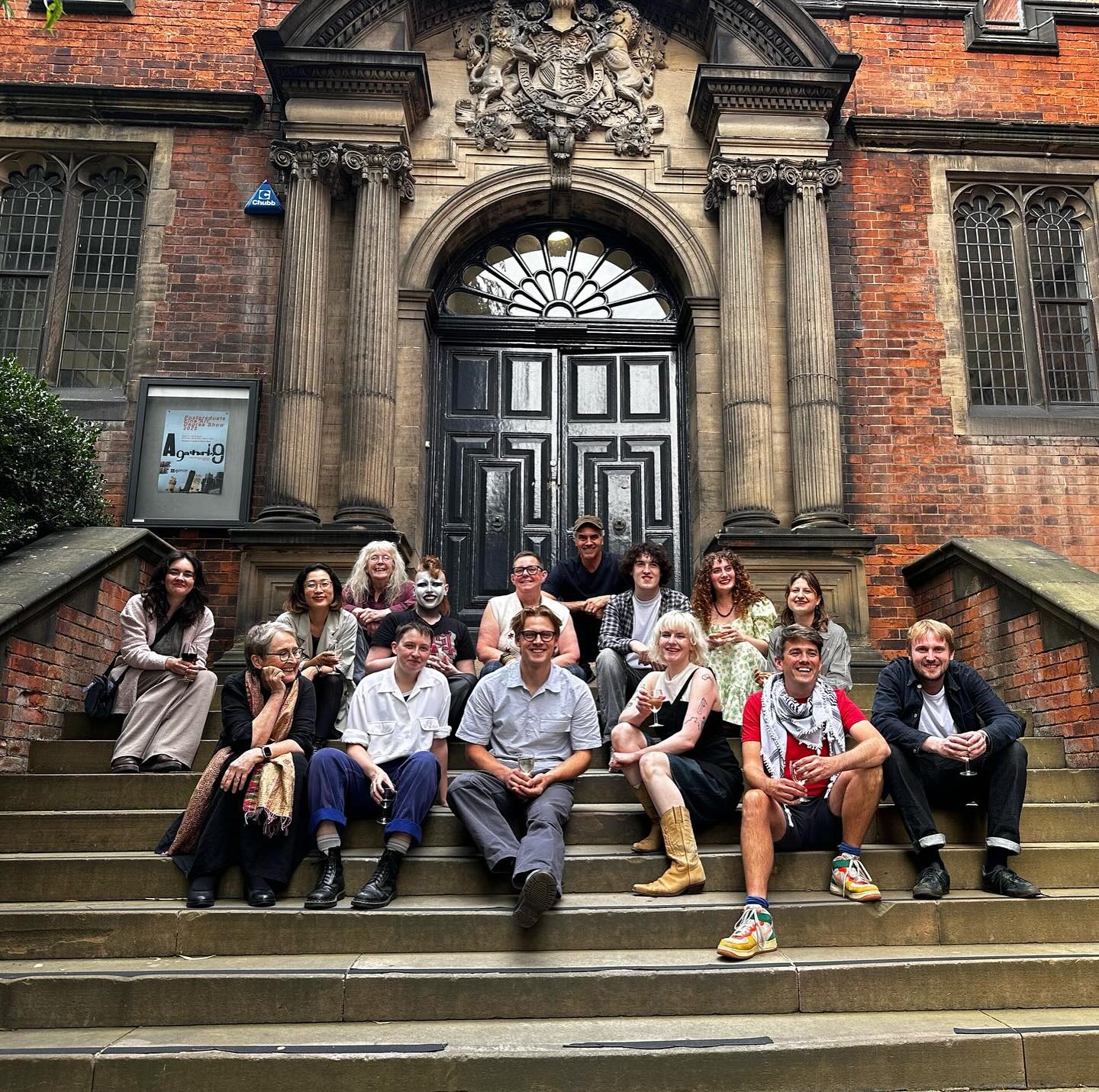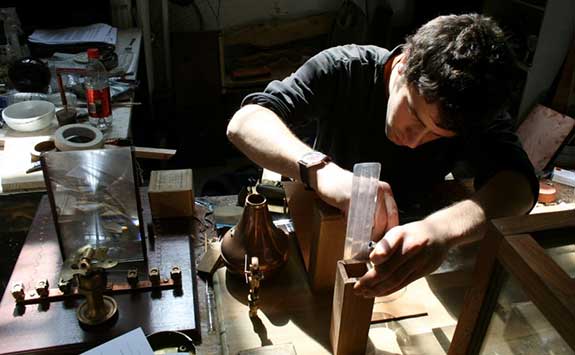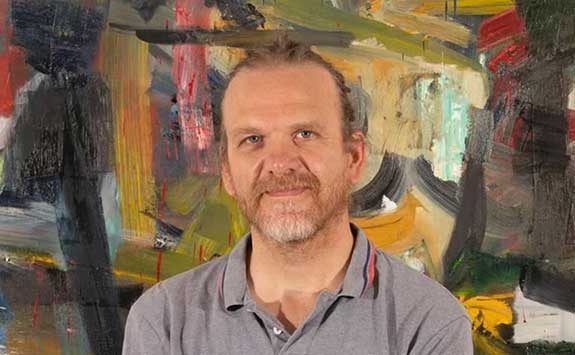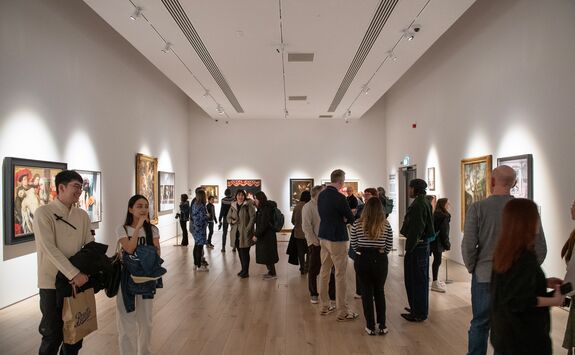
Fine Art research degrees
Develop your expertise with either a research-led or practice-led PhD
Fine Art PhD/MPhil
We welcome proposals from prospective students who wish to undertake a PhD/MPhil with us.
We support a wide range of both theoretical and studio-based practice and research in Fine Art, Digital Cultures and Art History.
Many of our PhD/MPhil students are artists who are using their art practice as the basis of their PhD/MPhil project.

Digital Media PhD
You may also be interested in the Digital Media PhD. This research degree is transdisciplinary, giving you the option of covering either digital arts practice in a Fine Art context or digital media in a curating art, heritage and museum setting.
Digital arts practice is led by Dr Tom Schofield. It includes topics such as:
- emerging technologies and experimental practice
- live electronic performance
- interactivity and human-computer interaction in arts practice
- critical AI
- post-digital practice and theory
- data visualisation and creative practice
- contemporary art and media theory
- open source culture and creativity
- crowdsourcing and creativity

Find a supervisor
Supervisors are allocated from within Fine Art, and if required, from elsewhere in the university.
Your supervisory team usually consists of three members of staff. All staff are research-active professionals, artists, researchers and academics, and provide up-to-date practice-led teaching, supervision and professional experience.
We'll encourage you to exhibit your work in appropriate venues and make presentations at our regular postgraduate seminars.
We encourage intellectual and practical exchange between academic staff, our visiting artists and students.
We also very much encourage our postgraduate research students to present at external conferences and symposia.

Postgraduate funding and scholarships
There are often postgraduate scholarships, prizes, and bursaries available to UK, EU, and international students.
Some of these are University-wide and subject to eligibility, whereas others are subject-specific.
You can find out more about the funding and scholarships that are available to you on the University's Scholarship and Bursaries website.

